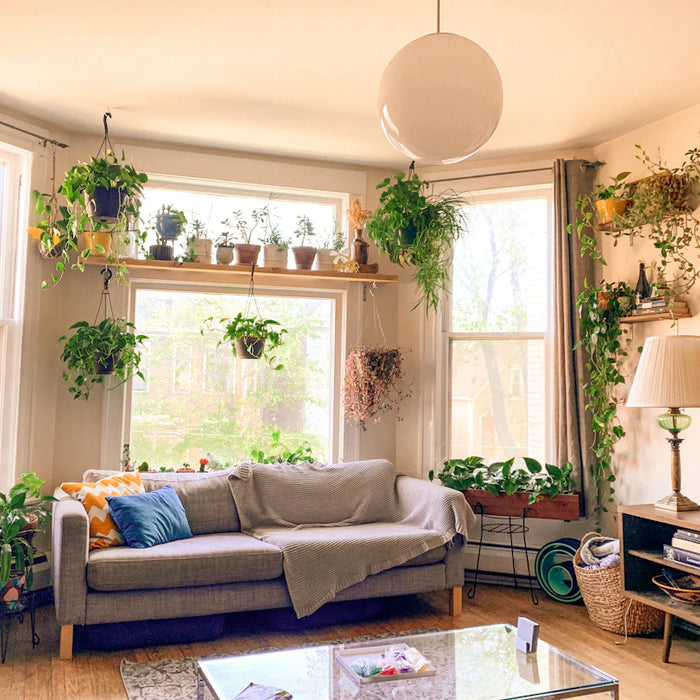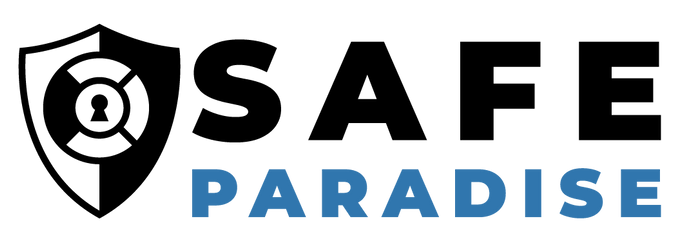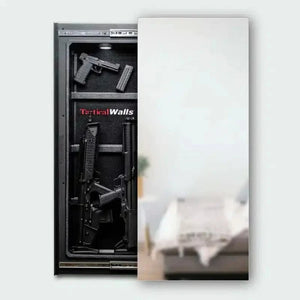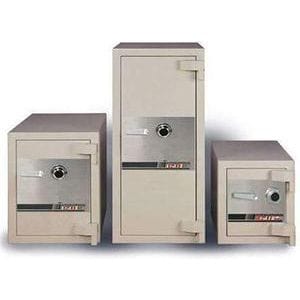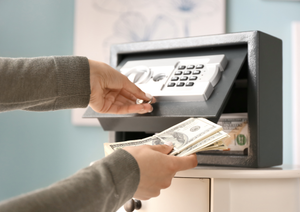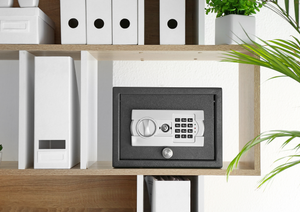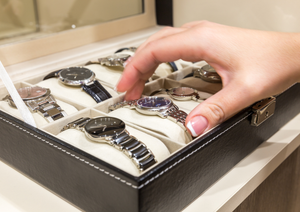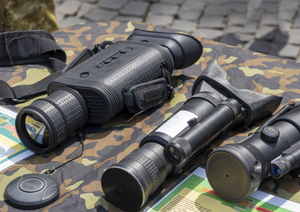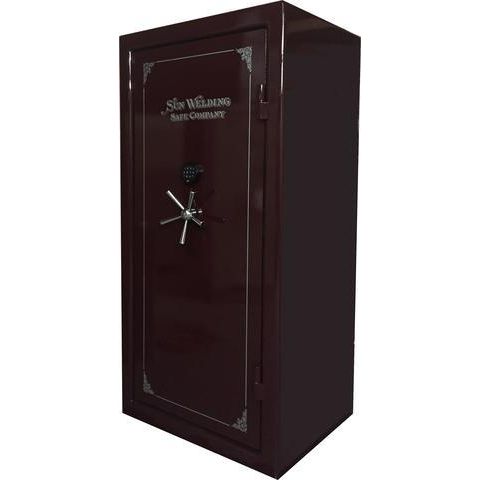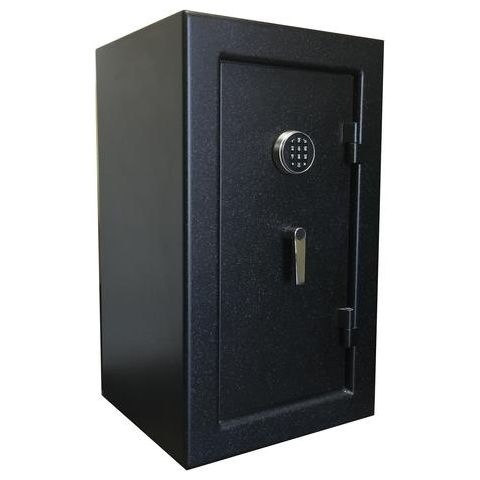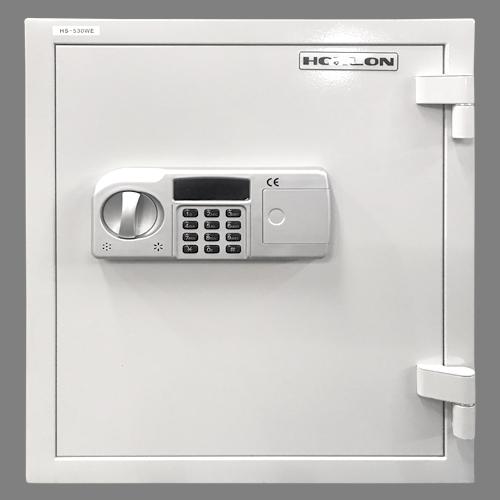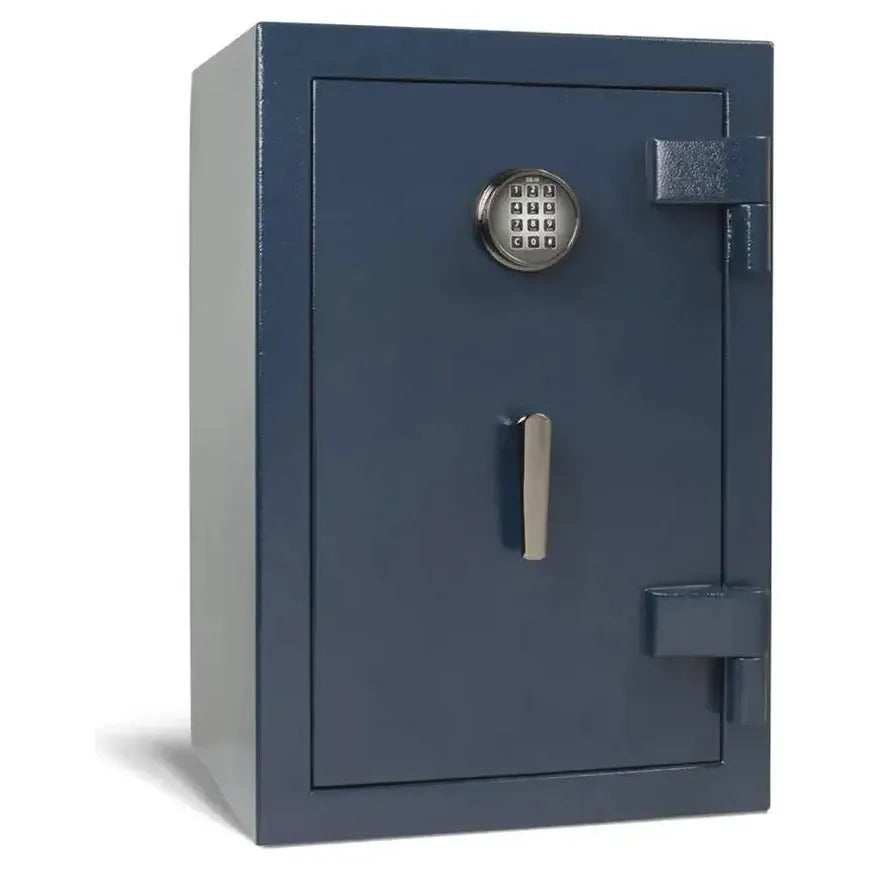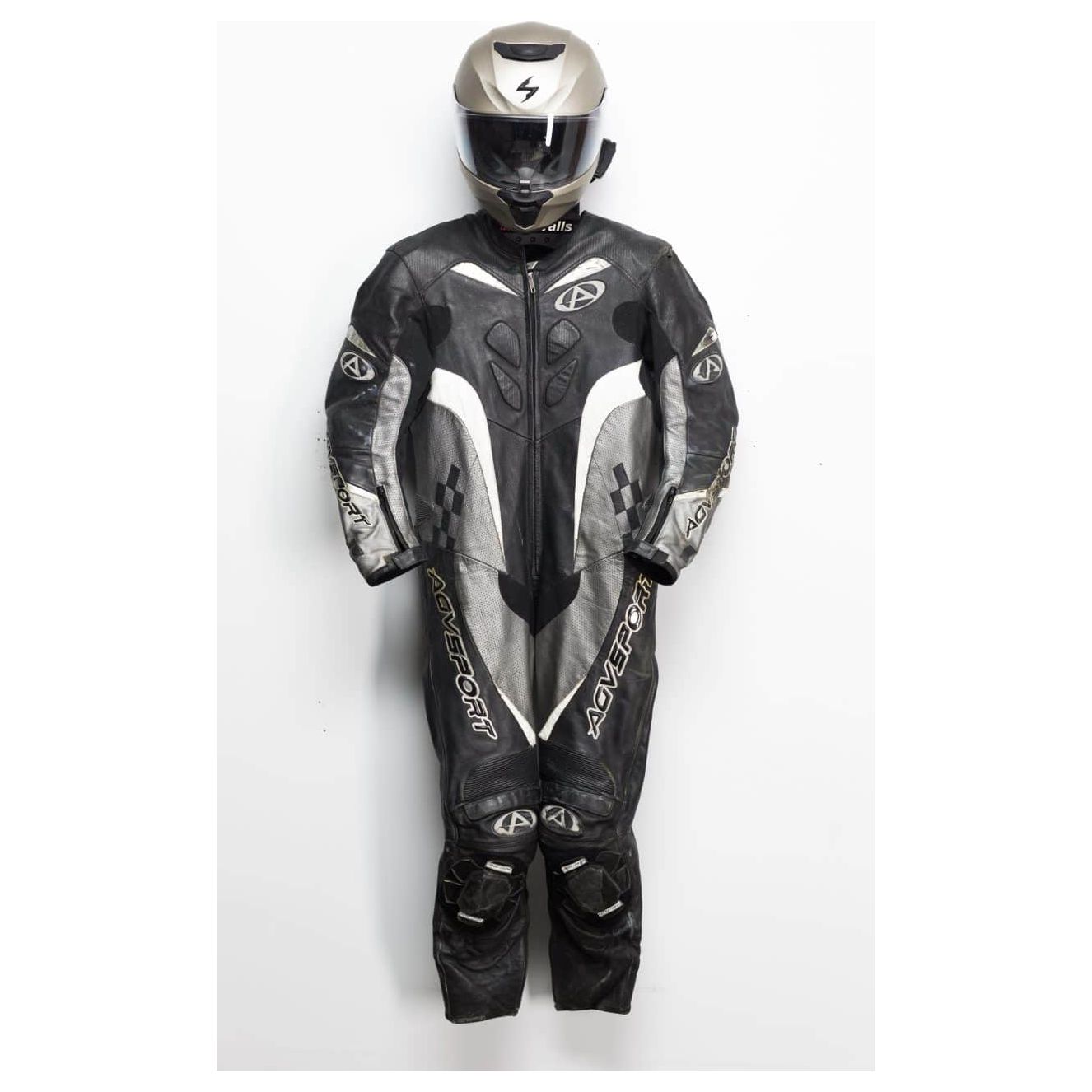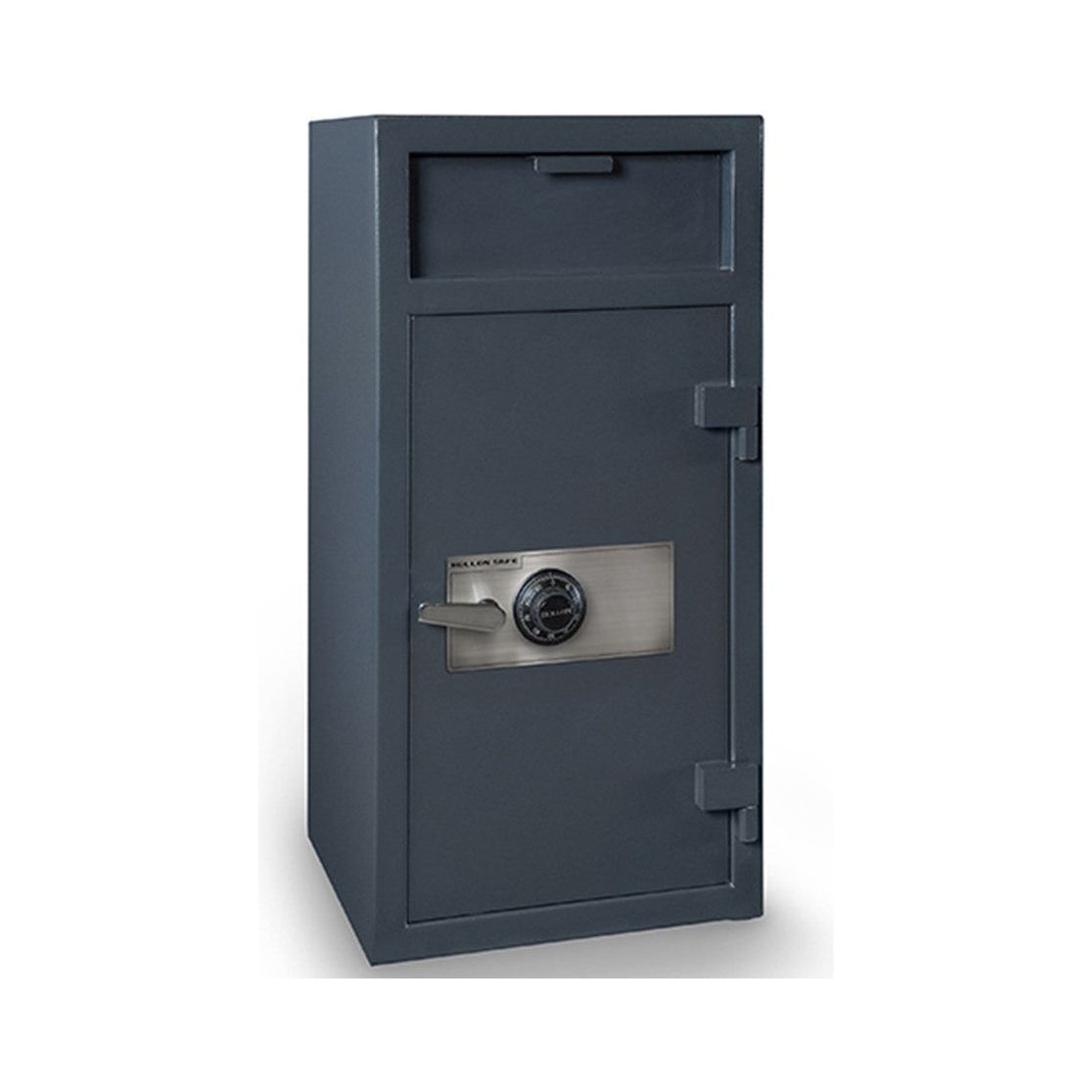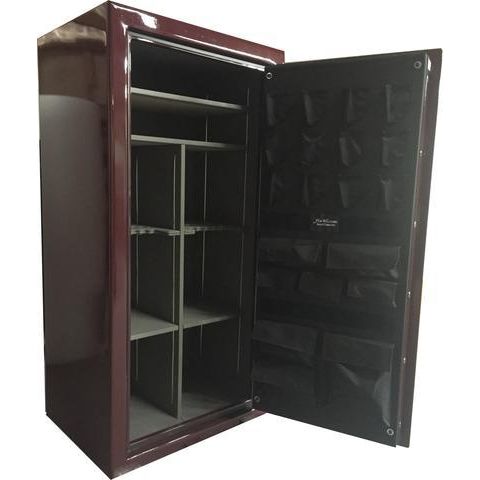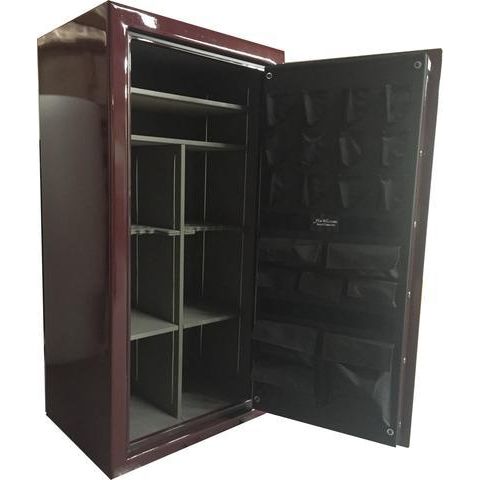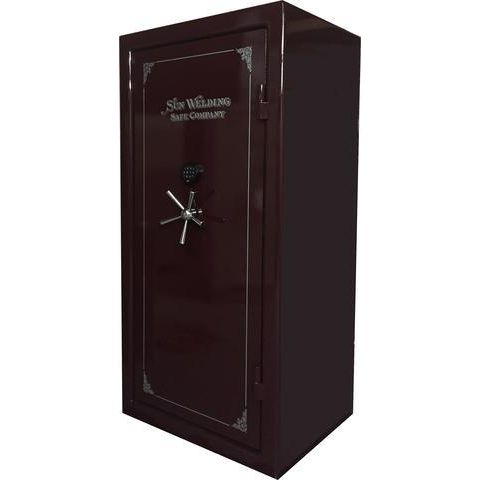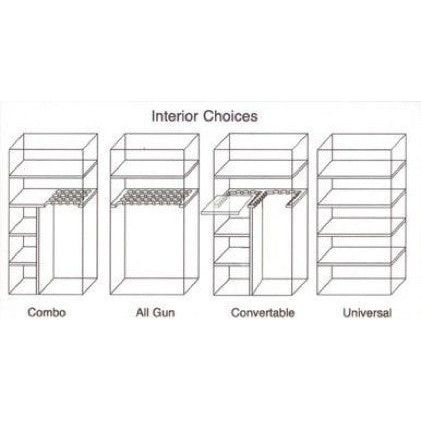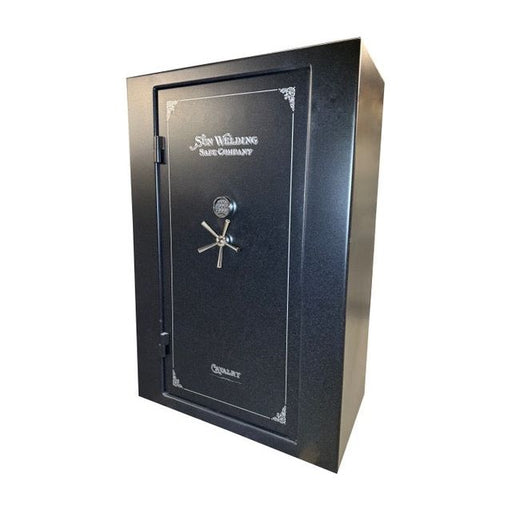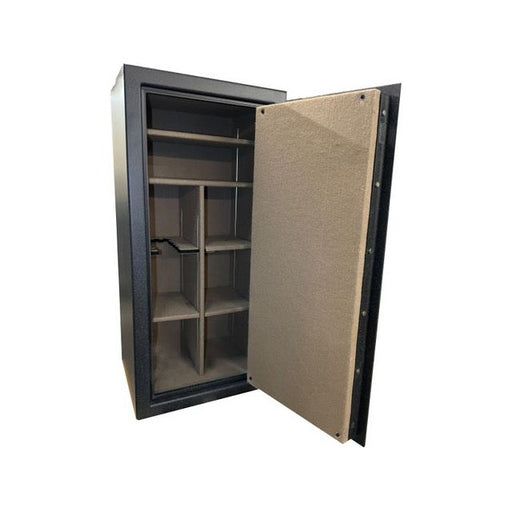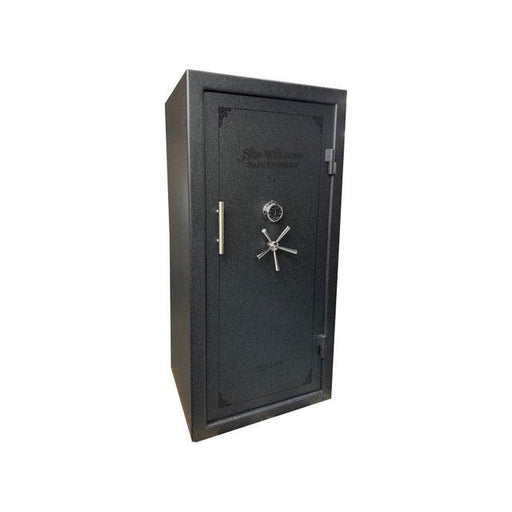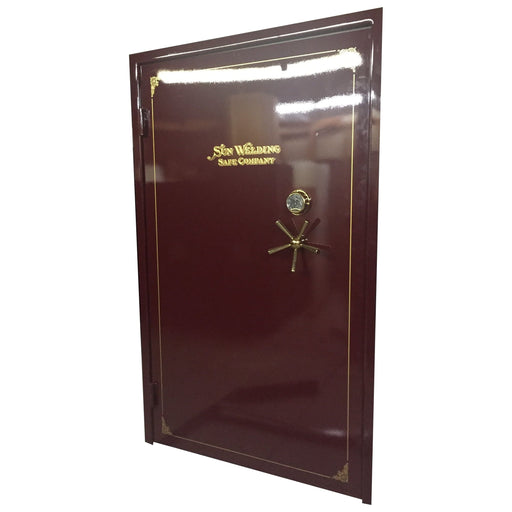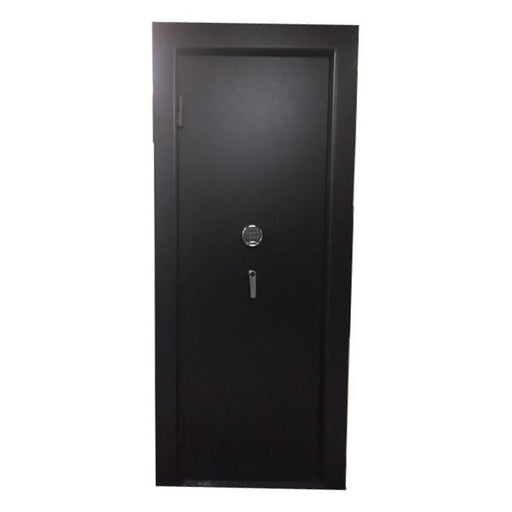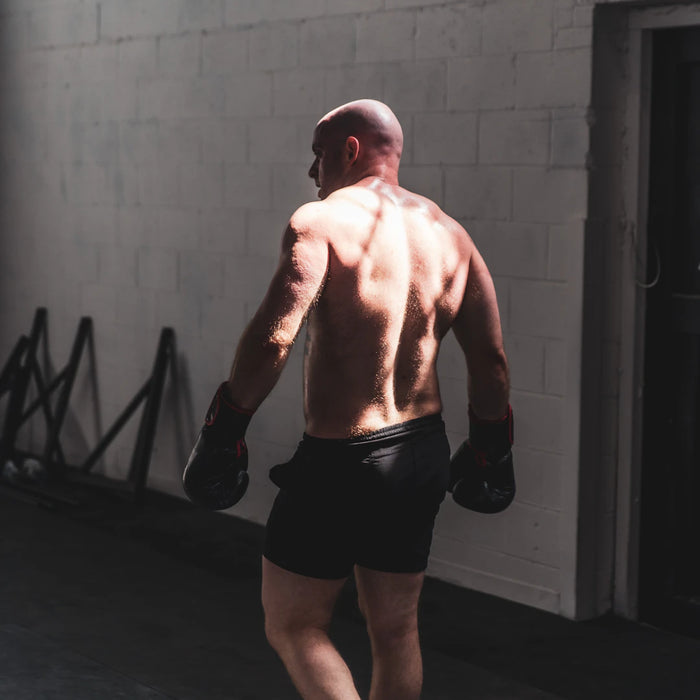When it comes to protecting valuable assets, data, and even sensitive documents, investing in a secure safe is a necessity for any business. Selecting the right safe can be a daunting task, especially with the diverse options available on the market today. If you’re in the market for business safes, including gun safes, this comprehensive guide will help you understand essential factors to consider before making your purchase. Let’s delve into the key elements that will aid your decision-making process.
Understanding Your Security Needs
The first step in choosing the right safe is to evaluate your security needs. The level of security required may vary based on the type of business you operate. Consider the following:
-
Value of Assets: What are you protecting? Expensive electronics, cash, or sensitive documents may require different levels of protection.
-
Type of Business: A retail store may have different needs compared to a legal firm. Understanding the nature of your business will help narrow down the options.
-
Location: Assess the crime rate in your area. If your business is located in a high-crime area, a more robust safe is advisable.
Types of Safes Available
With various types of safes available, knowing which one suits your requirements is crucial. Safes are typically categorized into the following types:
Fire-Resistant Safes
These safes are designed to protect your documents and valuables from fire damage. If your business handles important paperwork, investing in a fire-resistant safe could safeguard against unexpected disasters.
Water-Resistant Safes
Water damage is another concern for business owners. A water-resistant safe offers protection for your assets against floods and other water-related incidents. These safes can be crucial, especially for businesses in areas prone to flooding.
Gun Safes
If your business handles firearms, investing in a gun safe is essential. Gun safes are designed to securely store firearms, keeping them out of unauthorized hands while ensuring that they are accessible for legitimate use.
Burglary-Resistant Safes
These safes are specifically designed to withstand forced entry from intruders. If your business is high-risk for theft, you may want to consider a burglary-resistant safe that includes features such as thick steel construction, enhanced locking mechanisms, and bolt-down capabilities.
Size Matters
Before choosing a safe, consider the amount of space you have available in your business premises. The size of the safe will greatly affect its functionality. Ask yourself:
-
What will you store? Identify the items you plan to keep inside the safe.
-
Visible vs. Concealed: Decide if you prefer a visible safe for convenience or a concealed one for added security.
-
Available Space: Measure the dimensions of the area where you intend to place the safe.
Locking Mechanism
The locking mechanism is a vital aspect of any safe. The right lock will not only protect what’s inside but also define how quickly you can access it. Consider the following types of locks:
Key Locks
These are straightforward and reliable but can be lost or stolen, posing a risk to security. If you choose a key lock, store spare keys in a secure location away from the safe.
Combination Locks
Combination locks allow access through a numeric code. This can be more secure than key locks, as there’s no physical key to lose. However, memorizing the code is crucial.
Electronic Keypads
Electronic locks provide convenience, allowing faster access without the need for a physical key or code. However, ensure you have a backup plan if the electronics fail.
Biometric Locks
Biometric locks read unique traits, like fingerprints, providing a high level of security. If you prefer advanced technology, this option may be worth considering.
Portability vs. Permanence
Should your safe be portable or permanently installed? This will depend on the nature of your business and how secure the premises are. Consider the implications of both:
-
Portability: A portable safe can be moved easily, making it suitable for various locations. However, this can also make it an easier target for theft.
-
Permanence: A permanently installed safe can often be more secure, especially when bolted down. Think about your business's likely needs—will your safe need to be moved regularly, or is it better off as a fixed element?
Insurance Coverage and Compliance
Most businesses require insurance to protect their assets, and having a safe can affect coverage. Check with your insurance provider about what is covered and what security measures are necessary. This is also crucial for compliance in certain industries.
-
Policy Premiums: Safes can potentially lower your insurance premiums due to reduced risk.
-
Compliance Regulations: Ensure the type of safe you choose meets any industry-specific regulations.
Budget Considerations
Setting a budget is essential when purchasing a safe. Safes typically range from affordable options to more expensive products with advanced security features. Keep these points in mind:
-
Quality vs. Cost: While it’s tempting to go for cheaper options, the investment in quality is often worth it in the long run. A reliable safe may save more money by preventing loss.
-
Long-Term Investment: Think about this purchase as a long-term investment in your business. Look for warranties and guarantees to ensure you’re getting value for your money.
Customer Reviews and Recommendations
Another beneficial aspect of purchasing a safe is looking into customer reviews and recommendations. Reading experiences from other business owners can offer valuable insight into the effectiveness of specific safes. Consider these steps:
-
Research Online: Review platforms, forums, and blogs often discuss safe purchases extensively. Engaging with a community of business owners can yield avenues you may not have considered.
-
Ask Colleagues: If you have fellow business owners in your network, ask for their experiences and recommendations on the best safes for their needs.
Installation and Maintenance
Once you have made your decision and purchased your safe, installation and ongoing maintenance are crucial to keeping it functional. Consider these tips:
-
Professional Installation: For larger or heavier safes, hiring professionals for installation can ensure it is secured adequately and placed correctly.
-
Regular Maintenance: Like any piece of equipment, safes also require maintenance. Regularly checking the locking mechanism and being aware of any potential issues will help you avoid problems later on.
Creating Your Safe Environment
Purchasing a safe is only part of securing your business. Creating a holistic security environment is equally important. Consider integrating your safe into a broader security plan:
-
Alarm Systems: Consider an alarm system to deter potential intruders. Exterior cameras could serve as an added layer of security.
-
Access Control: Establish policies about who has access to sensitive items secured in your safe. Regularly review and update these policies as necessary.
-
Staff Training: Ensure your employees understand the importance of security and protocol regarding the safe's usage.
Your Path to Maximum Security
By understanding your needs, assessing security options, and integrating your safe into a comprehensive security plan, you place your business on the path to maximum security. The right safe protects not only your assets but also ensures peace of mind, allowing you to focus on your business's growth and success. Remember, protecting your business is not just about having a safe; it’s about creating a culture of security that supports everything you do. Choose wisely, and safeguard your success!
